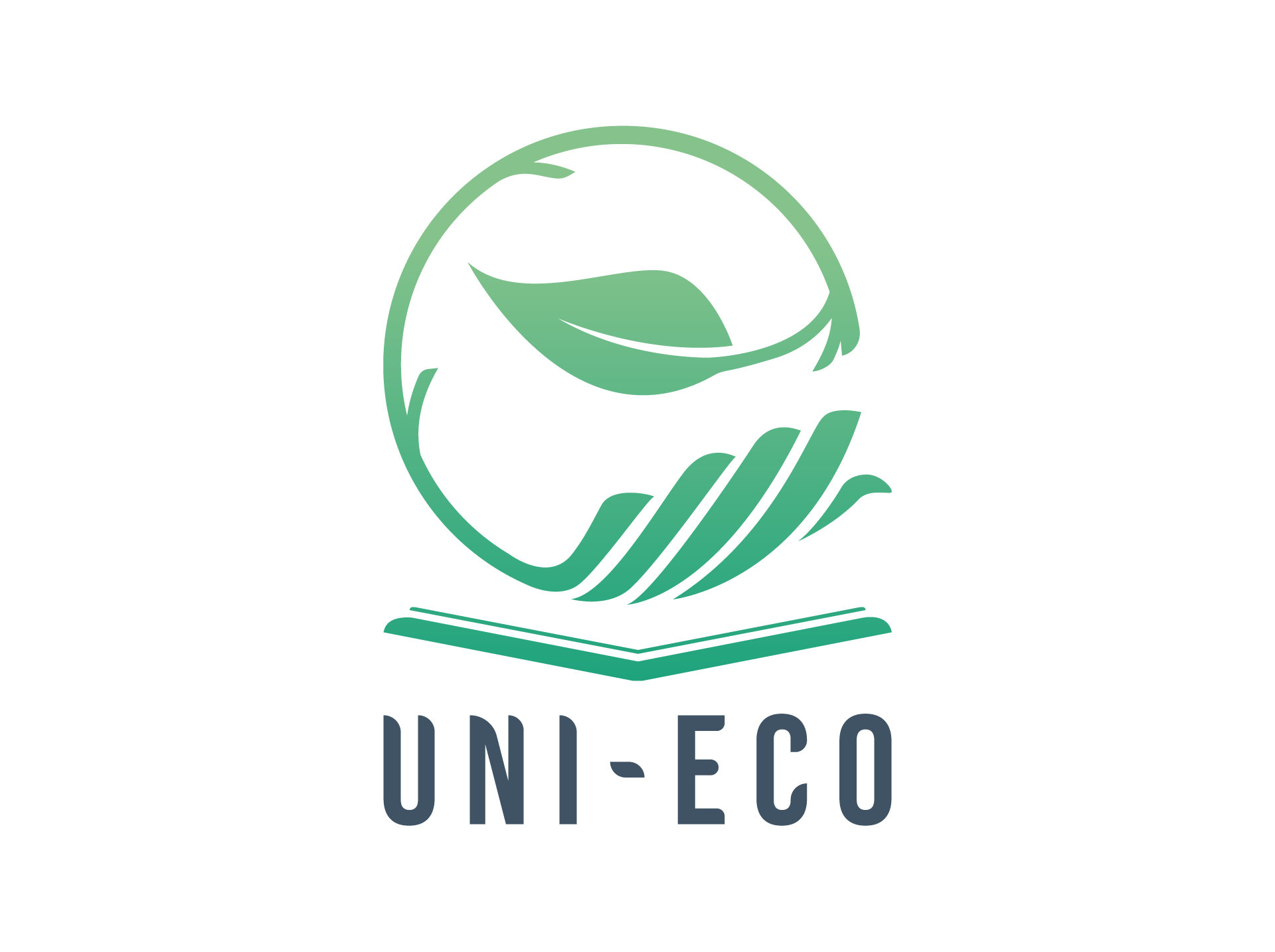Module description
Have you ever stopped to think about the number of materials we use and throw away in our lifetime? This is due to the prevailing economic model called linear economy. The linear economy is a system based on collecting raw materials, using them to create consumer goods, and disposing of the resulting waste products. According to the World Bank, the world generates 2.01 billion tonnes of municipal solid waste annually with at least 33% of that not managed in an environmentally safe manner. That is why, in search of new solutions, the circular economy is an attractive alternative to optimize the use of resources and, consequently, address global challenges such as climate change, biodiversity loss, waste, and pollution. The circular economy implies a cultural change in the way of understanding the production system that goes beyond transforming the way products are made, it also involves empowering consumers.
This module aims to expand your knowledge about the advantages of betting on alternatives such as the circular economy and invites you to rethink and modify our current production and consumption patterns for the benefit of ourselves and the environment.
Module learning outcomes
On successful completion of this module, participants should be able to:
- Describe the circular economy concept.
- Determine the benefit of the circular economy for the environment, growth, and citizens.
- Articulate the need to transition to a circular economy.
- Recognize the main European policies to promote the circular economy.
- Rethink new ways and actions to contribute to the circular economy.
MLO 1, ‘Describe the circular economy concept’ will be introduced within the self-assessment in Unit 1 and expanded upon in the presentation in Unit 2.
MLO 2, ‘Determine the benefit of the circular economy for the environment, growth, and citizens’ will be addressed by the presentation in Unit 2.
MLO 3, ‘Articulate the need to transition to a circular economy’ will be addressed by the presentation in Unit 2.
MLO 4, ‘Recognize the main European policies to promote the circular economy’ will be addressed by the presentation in Unit 2.
MLO5, ‘Rethinking new ways and actions to contribute to the circular economy’ will be introduced within the self-assessment in Unit 1 and expanded upon in the presentation and in the Action! Section in Unit 2.
Module teaching staff
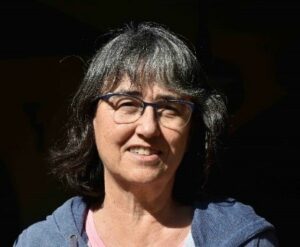
Lead Teacher: Marta Pérez (maperez@ub.edu)
Dr. Marta Pérez is associate professor of marine ecology at the university of Barcelona. She teaches marine ecology and management within biology, environmental sciences, and marine sciences degree programs. Her research focuses on seagrass ecology and conservation. She is the coordinator of the UNIECO project at the University of Barcelona and was the former Rector’s delegate for sustainable development.
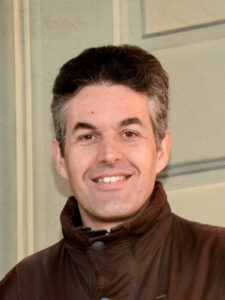
Oscar Marcos is the Head of the Environmental Unit of the Safety, Health and Environment Office at the University of Barcelona. He holds a doctorate in Physical Geography and Environmental Change and a master’s degree in Waste Management and Treatment. He designed and coordinated the first Sustainability Plan of the University of Barcelona, has experience on environmental management in the fields of waste management, sustainable mobility, and green purchasing, among others, and regularly tutors learning-service projects applied to the Campuses.
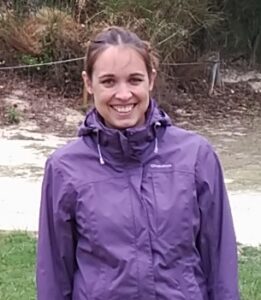
Judit Monlleó works at the Safety, Health and Environment Office at the University of Barcelona. She holds a Postgraduate degree in Environmental Management, and a master’s degree in Cartography and Geographical Information Systems. She has coordinated over a dozen learning service projects on different aspects of environmental management, and is currently leading projects on waste management, promotion of sustainable mobility, inventory of GHG emissions, environmental indicators, and environmental awareness.
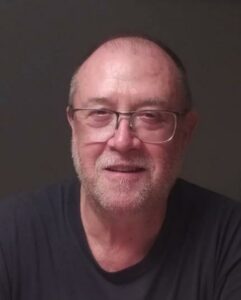
Gustavo A. Llorente is associate professor at the Faculty of Biology (University of Barcelona). He is the delegate of Rector of the University of Barcelona for sustainability. He teaches “Chordate Biology“ as part of the Biology and the Environmental Sciences degree programs and “Evolutionary Biology of Vertebrates” in the biodiversity master’s degree. His field of research also focuses on Evolutionary Biology and Ecology of Tetrapods, including the study of both native and invasive species, the analysis of phylogenetic and phylogeographic relationships in reptiles, and aspects related to species conservation.
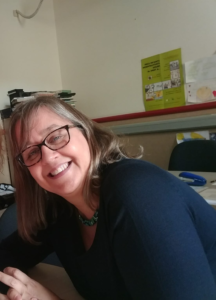
Anna M. Escofet is professor in the Department of Theory and History of Education at the University of Barcelona, principal researcher of the Research Group of Learning Environments and Materials and Head of the Service-Learning Office of the Faculty of Education. She is Director of the postgraduate course Design of Learning Spaces and Lecturer in the master’s degree in Teaching and Learning Environments with Digital Technologies and in Pedagogy and Social Education degrees.
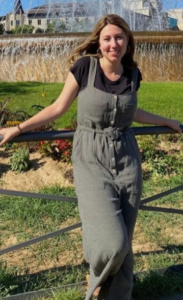
Andrea Rizo holds a bachelor’s degree in sociology and is currently studying a master's degree in social transformation and innovation at the University of Barcelona. In 2020 she was awarded the best poster on Sustainability and Human Rights at the University of Barcelona and in 2021 she led one of UNI-ECO's highly commended projects called "Planetary Health Diet at UB: towards a sustainable option". Andrea was a research assistant in the sociology department, and she is currently working as project manager in the UNI-ECO project in the University of Barcelona.
Interests: environmental protection, climate adaptations, consumer behaviour, promotion of changes towards sustainability in households.
Collaborations
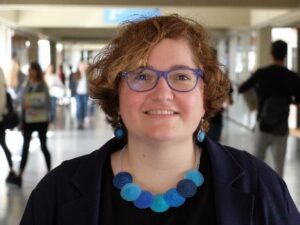
Mercè Bernardo is full professor at the Faculty of Economics and Business (University of Barcelona). She is the Director of the PhD in Business Program and the coordinator of the Organizational Development Research Group. She teaches “Quality Management” in the Business and Management Administration and International Business bachelor’s degrees, and “Business Management Systems” in the Business Research Master’s degree. Her research focusses on quality and environmental management systems, integration of management systems as well as their relationships with other managerial practices such as innovation, sustainability, and customer satisfaction
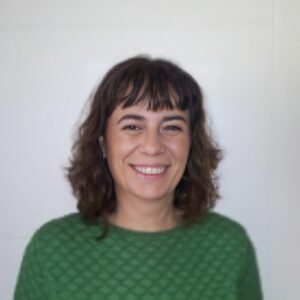
Teresa Sauras-Yera is associate professor at the Faculty of Biology (University of Barcelona). She is Head of studies of the Environmental Sciences bachelor’s degree. She teaches “Soil Science” and” Forest management” in the Environmental Sciences degree and “Diagnosis of Ecosystems” in the Ecology, management, and restoration of natural environment master’s degree. Her research focusses on soil fertility, plant physiology and forest ecology. She uses the knowledge from basic research to develop nature-based solutions to cope with environmental issues, specially land degradation, global change and ecological restoration.
Additional resources
For more information about the Circular Economy, to supplement the content of the module, take a moment to explore these additional resources. You may wish to choose one resource now, or revisit these at the end of your module.
Context of the module relative to Climate Action
The circular economy has and will have a crucial role in the fight against climate change. As indicated by the European Commission, today, our economy is still mostly linear, with only 12% of secondary materials and resources being brought back into the economy. The circular economy takes on great relevance as it aims to achieve actions in line with the Sustainable Development Goals (SDGs), mainly, it is committed to SDG 12 (sustainable consumption and production) but with strong repercussions on many other SDGs especially SDG 13 (climate action).
In order to achieve production and consumption models that are more committed to sustainability, it is necessary for the different actors involved to act actively and cooperatively.
Thus, in line with the general objective of this course, the circular economy module will show you actions you can take to contribute to climate change mitigation, increasing the resilience and awareness of consumers and therefore living in a more sustainably way.
To begin the module, click on "Unit 1: What do you know about the circular economy" below.
